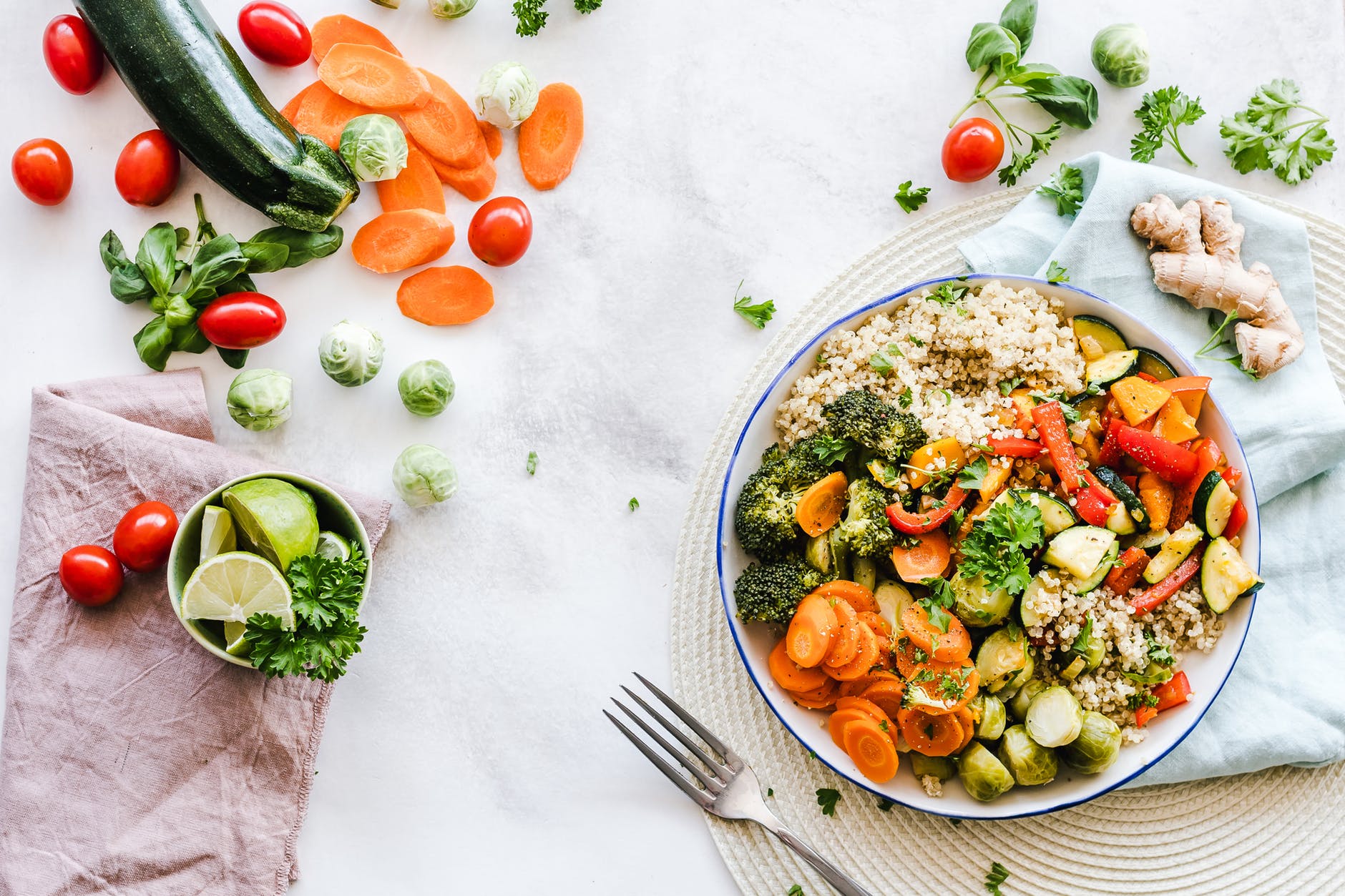Recovering Oklahoman meth addict Amanda Needham points out how it can be challenging to avoid relapse: “It’s easier to find drugs than jobs,” she says. “When you’re bored, that’s all you think about.”
Whether you’re recovering from drugs or alcohol, successful long-term recovery depends on your ability to overcome cravings to take a drink or a hit. You’ll need mental stamina and physical fitness to prevent relapsing.
Cravings are a result of chemical imbalances in the brain. Prolonged drug or alcohol use causes the depletion of neurotransmitters in the brain which throw the brain off balance.
The key to preventing relapse is to maintain a healthy mind and body. If you’re feeling lousy due to poor diet and a lack of exercise or sunshine, you’re much more likely to slip into a negative train of thought. These thoughts can easily lead to relapse. Equally, if you’re bored, stressed or depressed, it can be easy to reach for drugs or a drink.
Luckily, there are some areas you can focus on so you can develop healthier habits and minimize your chances of relapse.
5 Healthy Habits To Help You Avoid Relapse
- Diet
- Exercise
- Recovery Meetings
- Mindfulness and Meditation
- Develop a Routine
1) Diet
When you stop any addiction, your depleted neurotransmitters can cause a chemical imbalance in the brain. This imbalance leads to cravings. To combat cravings and achieve equilibrium in the brain, eating foods high in protein can help to restore calm feelings.
High protein foods can help you feel full while also increasing feelings of well-being. Try some delicious recipes that incorporate proteins like meat, fish, eggs, and cheese. If you’re vegetarian, you can get a good dose of protein from leafy greens such as spinach, asparagus, broccoli, and Brussels sprouts.
The Mediterranean diet is scientifically proven to improve mental health. Studies show a strong link between a diet rich in vitamins and minerals and fewer depressive symptoms. So, lay off the processed junk food and start creating delicious nutritious meals from scratch.
2) Exercise
You might not feel inclined to exercise if you’re feeling a bit low but physical exercise that gets the heart pumping improves blood flow to the brain. This promotes more rapid healing. Even a brisk walk around the block will help boost your mood.
If you can manage it, some intense physical exercise can do wonders for your mood. The harder you work out, the more feel-good chemicals like endorphins and serotonin you will produce. Studies prove that intense exercise is effective in reducing anxiety and depression while improving overall quality of life. It can also help you to stay focused in times of stress.
When you lift your mood, you are in a stronger position to prevent the negative thought patterns that can lead to relapse from spiraling.
3) Recovery Meetings
Group therapy sessions with others who are in successful recovery can help you strengthen your resolve to prevent relapse.
Meetings such as Alcoholics Anonymous and Narcotics Anonymous have inspired many people to stay clean from drugs or alcohol. Emotional support is a vital part of recovery. If you’re trying to deal with some difficult emotions and cravings, a pep talk from peers can often ease your pain.
You don’t have to attend physical meetings. There are many support resources online and they are happening 24 hours a day. This is particularly handy during the challenging times we’re in right now. Develop a habit of attending meetings for a regular dose of hope and positivity to spur you on.
Alcoholics Anonymous online meetings can be found here. For Narcotics Anonymous visit their website here.
Sober Grid is a new social media network dedicated to helping people in recovery. It is a free resource that can be accessed by downloading their app.
4) Mindfulness and Meditation
Research has shown that practicing mindfulness and meditation regularly is effective in minimizing the chances of relapse.
Breathing exercises and meditation can calm the mind and get you to observe your feelings with detachment. The process of observing feelings and letting them go is a powerful way to de-escalate negative thought processes and achieve a more positive frame of mind.
Regular meditation practice is so effective that it’s used in medication-assisted treatment programs for substance use disorder and alcohol use disorder.
5) Develop a Routine
So, to maintain an upbeat frame of mind and stay on track to avoid relapse, stick to a routine where you replace your unhealthy addiction with new healthier habits. Forming new habits takes discipline, but when you overcome those irresistible urges, your body and mind will start to thank you over time. Your health will improve, your skin will become clear and bright, and you’ll have more of a spring in your step.
Try to plan a daily routine and stick to it. Get a diary and schedule a workout, meal plans, recovery meetings, meditation sessions and time out to pursue a hobby.
You’ll soon get in the flow and realize that you’re not actually deprived of anything. In fact, you’ll soon transform into a healthier, fitter and more positive you.
What To Do Next
If you’re finding it hard to avoid relapse during these tough times, we’d urge you to call us today at 888-448-0302. One of our team of experts will be more than happy to help. Don’t suffer in silence: call us today.

Choose Recovery Over Addiction
We're here 24/7 to help you get the care you need to live life on your terms, without drugs or alcohol. Talk to our recovery specialists today and learn about our integrated treatment programs.






